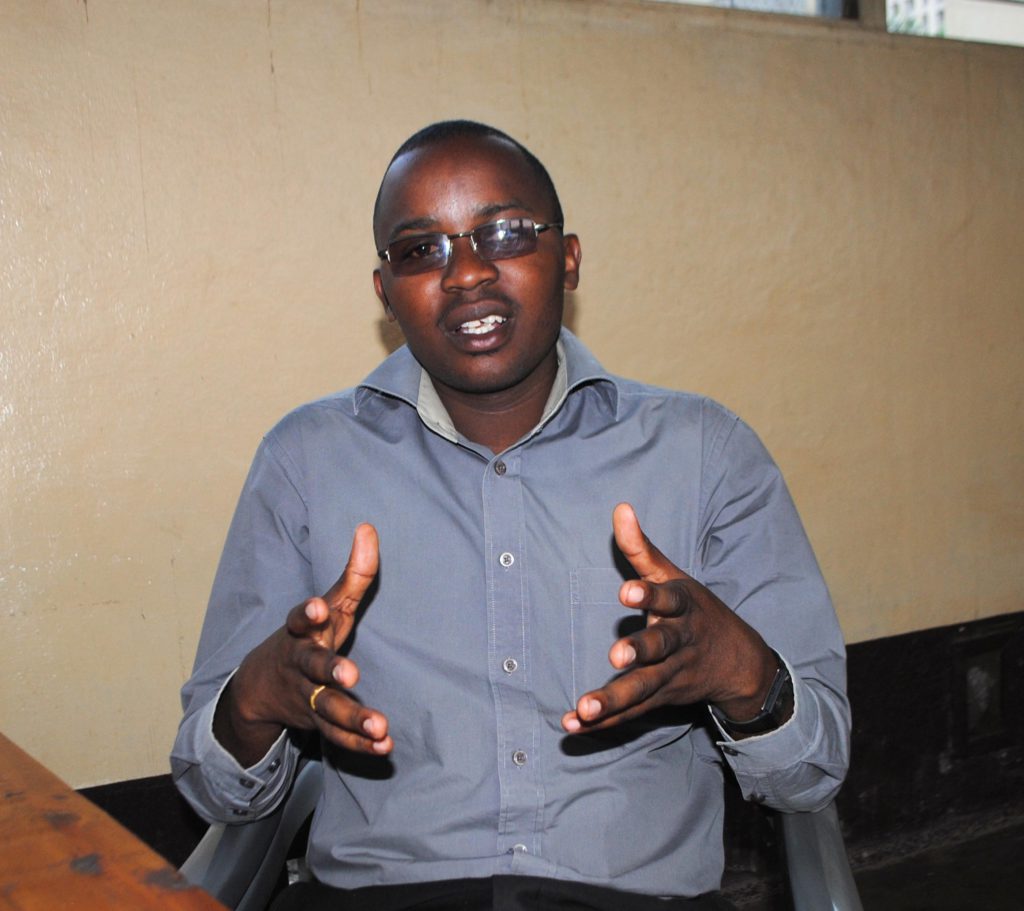From16 to 20 September 2014, religious leaders from the region came togetherin Kigali, Rwanda for a conference on inter-religious collaboration to strengthen Peace and Security in EAC. The meeting wasorganized with support from the German Development Agency (GIZ) and the EAC Secretariat.-By Yves Didier Irakoze
The main objective of the conference was to engage religious communities in the EAC in a dialogue about their contribution to peace and security in the region and to consider the establishment of a mechanism to coordinate regional inter-religious activities and interaction with the EAC Secretariat.
“Child trafficking, child soldiers. These are just some examples that we have to take into consideration. Religious faiths have to help theirgovernments see what they can contribute. But it is not only up to governmentto fix these issues”,says Sébastien Manirakiza, a Burundian participant in the conference.
Among other issues discussed during the summit was the respect for human rights in all public spheres. Religious faiths have the intrinsic mandate to deal with these issues. We have a divine mandate to strive for equity and justice in society, including in the political and economic spheres of society”, says Manirakiza.
He goes on saying that religious faiths have to sensitize people, because if there isn’t peace and security in the community, there can’t be any peace and security in their hearts.
“Religious faiths have to say no to threats”, Manirakiza points out.“We have the mandate to speak the truth to those in power and to seek unity within our communities. During the conference, it was mentioned that in the absence of peace and security, justice is hard to find.”
Religious leaders have a specific responsibility to model the behavior that contributes to peace and justice, to commit to the values of inclusivity and respect for diversity, integrity, industriousness and adevotion to truth and equality.
According to Sébastien Manirakiza, representatives from all the East African countries got the opportunity to provide an overview of the current situation in theirhome country. It was mentioned that, while Burundi has shown efforts to stabilize and strengthen peace and security, some security challenges still remain. The conference participants urgedthe religious faiths of Burundi to stay actively involved and support security and peace during the coming elections of 2015.
It was further decided that youth and women should take on an important role in promoting and consolidating peace and security in our region.
————————————————————————————————————————————-
The participants of this conference included the Inter-Religious Councils of Burundi, Kenya, Rwanda, Tanzania and Uganda. Representatives of the Republic of South Sudan attended as observers, as did representatives of each of the Governments of EAC Partner States and the East African Legislative Assembly.
At the end of the Conference, representatives of EAC Inter-Religious Council formed the East African Community Inter-Religious Council, with the specific objective to promote justice, peace and security in the region.




















 IWACU Open Data
IWACU Open Data

